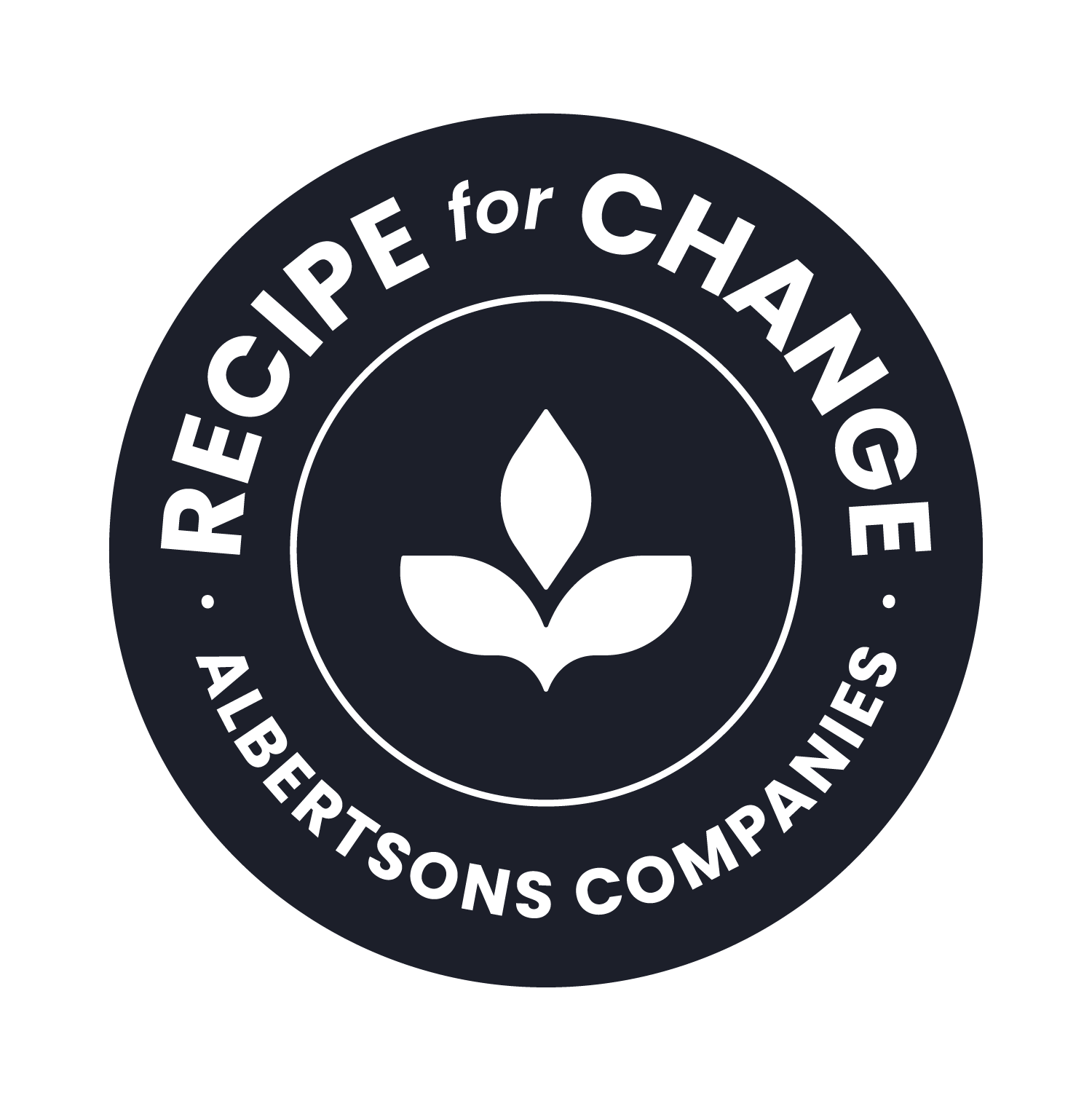Join Albertsons Companies in Reducing Food Waste This Earth Day
We do our part to celebrate Earth Day today and every day. We recognize that food waste is a serious problem across the country. Why does it matter? According to the Environmental Protection Agency (EPA), an estimated 30 – 40 percent of the food supply is wasted in the US every year. That’s approximately $161 billion worth of food, enough to provide 110 billion meals. Most of the wasted food ends up in the landfill and as it breaks down, it produces methane. Methane is a greenhouse gas that contributes to climate change and is 25 times more potent than carbon dioxide. A lot of energy, water and other resources are needed to grow and transport food only for it to end up in the landfill.
Albertsons Companies is constantly working to reduce food waste in our stores. We continue to expand Fresh Rescue, our food donation program that supports the communities we serve in. We have partnered with several local food banks in the region through Feeding America. In 2016 alone, we donated 100 million pounds of food in categories such as produce, meats, baked and canned goods to local organizations feeding families and communities in need. For this ongoing dedication to hunger relief, Albertsons Companies was recognized as a Visionary Partner by Feeding America last year.
How can you help reduce food waste as a consumer? We have a few tips to help get you started!
- Use meal planning apps to keep a running list of ingredients so you buy only what you need. Apps such as BigOven, Pepperplate and MealBoard help create grocery lists and save recipes when you are ready to whip up a meal.
- Keep your produce fresh longer by storing it properly –
- Clean produce when you are ready to consume it
- Avoid storing fruits and vegetables together
- Let your vegetables breathe by making perforations in their storage bags
- Save all your produce “odds + ends”
- Carrot tops and tails, celery leaves, kale stems, and onion scraps are perfect for making stock. Every time you cook, put all of your vegetable odds and ends in a Ziploc bag and store in the freezer. When you have about a gallon’s bag worth of scraps, you can have enough to make a batch of vegetable stock.
- Product date-labeling can be confusing and can result in perfectly edible food being thrown away. Keep an eye out for these two upcoming product labels the industry is adopting to streamline labels on all packages.
- “BEST If Used By” or “BEST If Used or Freeze By” quality phrasing will indicate to consumers that after the specified date, the product may not taste or perform as expected but is safe to use or consume.
- “USE By” or “USE or Freeze By” safety phrasing will inform customers that these products should be consumed on or before the date listed on the package. The product should not be consumed after the date on the package due to the product’s perishable nature, and the product should be disposed of.
What other tips do you have to reduce food waste?



